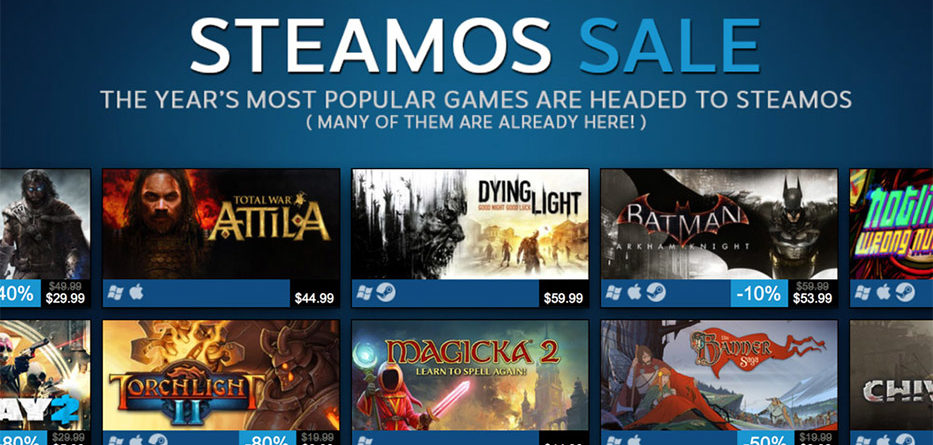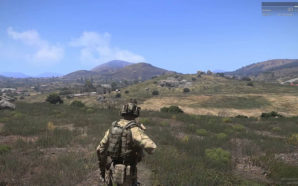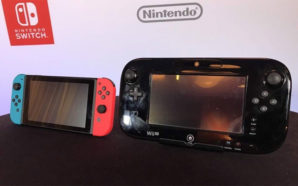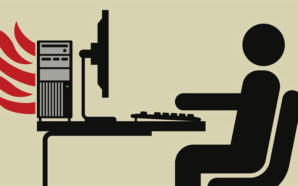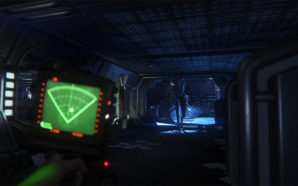We live in a golden age of gaming. An age where the biggest game releases have scarcely believable graphics, huge lived in worlds, countless NPCs and gameplay systems that combine to spoil and engulf even the most casual of gamers. A lot of resources go into building these huge worlds so it is only natural for game release windows to be delayed (See The Last Guardian) to allow the developers to perfect the final product. Gone are the days where game breaking bugs and thrown controllers walked together in sweet, sweet unison.
Despite this, modern games are often released with day one patches and further updates scheduled down the line. That games are released without being ‘technically perfect’ happens for a number of reasons, rigid deadlines, investor pressure, fiscal year calculations from the publisher requiring a release or at worst, developer carelessness.
It’s great that developers fix issues and create patches post-release based on fan feedback and the like, it creates an incredible relationship between the gamer and the developers and improves on what has been released for the benefit of everyone involved. No more of that airhead NPC being merged into a wall instead of giving you the quest you so desperately need to romance the character you have had your eye on since the E3 promo.
The Drawbacks Of Buying On Day One
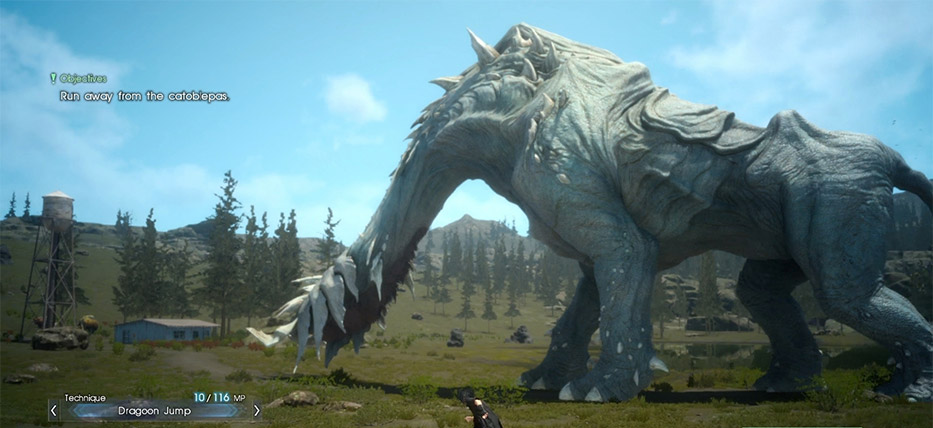
The two most recent and prominent updates that I would like to draw on are for Mass Effect Andromeda and Final Fantasy XV. Both had entirely different release cycles. The Mass Effect March 2017 release date taking everyone by surprise by how soon it was in contrast to the years of Final Fantasy Versus XIII delays before finally being rebranded as XV.
I love both games, I have the Final Fantasy platinum shining on my virtual shelf and Mass Effect Andromeda to me is just as good the Mass Effects that came before. Different points for a different article as I know I am in the minority there, but I also own a PlayStation Vita so take from that what you will… Both games were purchased day one and here in lies the issue.
Patches Improve The Game For Future Players
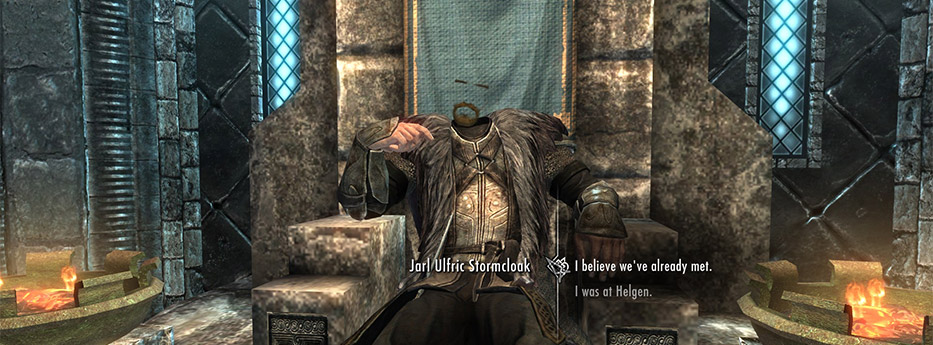
Bioware released patch 1.06 vowing to improve cinematics, enhance the performance of character animations and address a number of other reported issues players were having. If you played the game you would have noticed a few technical hitches which say it wasn’t ready for release but no problem, patch 1.06 came and saved the day, thank you Bioware. This is great for new players who can now go out and buy the game, probably used and at a cheaper price, but what about players like me who paid full price day one for a lesser game? I can’t commit another 50+ hours for the new and improved Mass Effect Andromeda because there are other games to play, I just have to accept that my experience will be lesser than that of new players.
Final Fantasy XV on the other hand, in addition to the usual technical polishes with its patches, has changed chapter 13 due to fan backlash. Chapter 13 was badly designed and extremely overlong and monotonous, granted. It is also great for Square Enix to listen to fan feedback and alter the game in order to make it a complete experience for the fans, however, this is so much more than making a character’s mouth move better when they’re speaking. This is changing elements of the story and altering the gameplay experience which could set a bad precedent. I loved FFXV overall but again, the money I paid was for the lesser version of an otherwise amazing game.
Pre-Order, Season Pass Culture

Serious gamers and hardcore fans will often pre-order a game just for that little bit of extra DLC. Buying a season pass to get access to future content and maybe exclusive items doesn’t seem like much of a sacrifice to them. This is where most of the day-one players live. The loyal gamer increasing hype and sales predictions of games who are the most at risk from being let down by a less than polished final product. They get their hands on a game early before any patches can so much as lick the glitches let alone fix them. Mass Effect Andromeda is a great example of this, riding on the hype of previous games it nearly became a victim of its ancestral success. How could it ever live up to it?
Any hiccups in the gameplay were destined to be jumped on. The newest instalments in a series will always be held to a higher standard than new IPs. Horizon Zero Dawn is not held up to the same standards that Mass Effect endures. It has a little more wiggle room to fall down because it hasn’t built up such a huge reputation.
With the increase in day one bonuses and exclusives, games should be released as close to perfect as they can be. Some glitches cannot be picked up until the community interacts with the game, granted. Small patches are always going to be a fundamental part of games moving forwards. Patches with story changes and graphical overhauls should not become the norm for freshly released games. These sort of patches belong in the development process long before a player ever gets their hands on a game. Why should your biggest fans be the ones subjected to a lesser product as a consequence to their loyalty?
Moving Forward
I love nothing more than the release of a hyped up game. It hurts to see memes making fun of glitches and hurting the review scores overall. Games need time to be made by the talented and creative individuals behind them. Releasing a game when it is not ready helps no one except shareholders, even that is short term. It certainly doesn’t help that video game reviewers are also among those day one players subjected to an inferior product.
Moving forward, gaming companies need to realise the power of a good first impression.




